Designing the Future of Learning
The Building Blocks of a Great Learning Space
From its humble beginnings in 1934 as one of New Zealand’s earliest registered companies, Furnware has grown into an educational furniture powerhouse that’s not only reimagining classrooms across New Zealand, Australia, and Southeast Asia, but redefining how students learn. As a second-generation family-owned business, Furnware is driven by innovation, rooted in sustainability, and deeply committed to improving student outcomes through ergonomic design and research-led product development.
A Legacy Built to Last
Registered nearly a century ago with the PO Box number 1 in Hastings, Furnware’s story began with manufacturing a bit of everything including wartime goods, gun stocks, police batons, and even Furnware-branded caravans. However, in 1993, the company found its modern-day purpose when it was purchased by the Whyte family.
“At that time, it was really traditional furniture like flip-top desks and wooden benches. Nothing too innovative,” explains Director Matt Whyte. “But my dad commissioned some groundbreaking research that changed everything.”
That research involved measuring 20,000 students across New Zealand, yielding data that exposed a fundamental flaw in school furniture: students of the same age vary dramatically in size and posture, yet they were being seated in uniform chairs and desks.
The implications were profound. Poor posture, discomfort, and restricted blood flow caused by inappropriate seating weren’t just a physical nuisance, they were impeding students’ ability to focus and learn.
Ergonomics that Empower
The solution came in the early 2000s, when Furnware launched its flagship product: the Bodyfurn® chair. Unlike traditional classroom chairs, Bodyfurn features dynamic movement. Its seat and back flex with the student, allowing natural shifts between leaning forward, sitting upright, or reclining.
The results were immediate and measurable. In pilot studies, the Bodyfurn chair increased on-task behavior by an astonishing 10%, which when paired with a 19% decrease in disruptive behaviour, makes for a far calmer classroom. Students were more focused, more comfortable, and more engaged.
This innovation propelled Furnware from a local furniture maker into a regional force, with teams now operating across New Zealand, Australia, and Singapore.
“Bodyfurn really catapulted us,” says Whyte. “It proved that design can have a massive impact on learning and we’ve never looked back.”
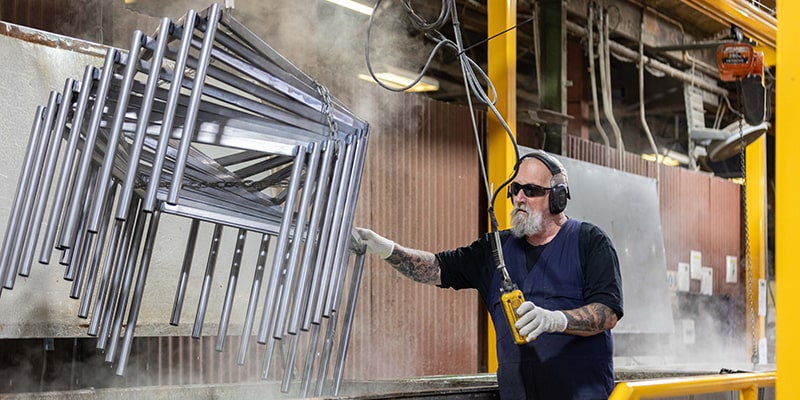
Research that Redefines the Classroom
Furnware continues to invest heavily in R&D; more than most in their space. Their in-house design and research teams don’t just focus on aesthetics or durability. They dive into biomechanics, acoustics, behavior, and pedagogy.
“We’re not just making chairs, we’re creating learning environments,” says Whyte. “That means studying desk height, storage options, color psychology, acoustics, and how all those elements interact to support student wellbeing.”
One of the more recent initiatives involves biophilic design. Whyte explains that this is a principle that draws calming, nature-inspired colors into classroom furniture. “We’re wired to feel relaxed in nature. So by using earthy greens, ocean blues, and other muted tones, we can help students feel more grounded and less overstimulated,” Whyte explains.
This philosophy extends into how Furnware designs spaces for students who need a break from overstimulation. Their acoustic booths and modular designs allow classrooms to be sectioned off into safe zones which are ideal for neurodiverse students or those simply needing a moment to refocus.
Committed to a Sustainable Future
For Furnware, environmental responsibility isn’t just a corporate checkbox, it’s woven into the very fabric of their product line.
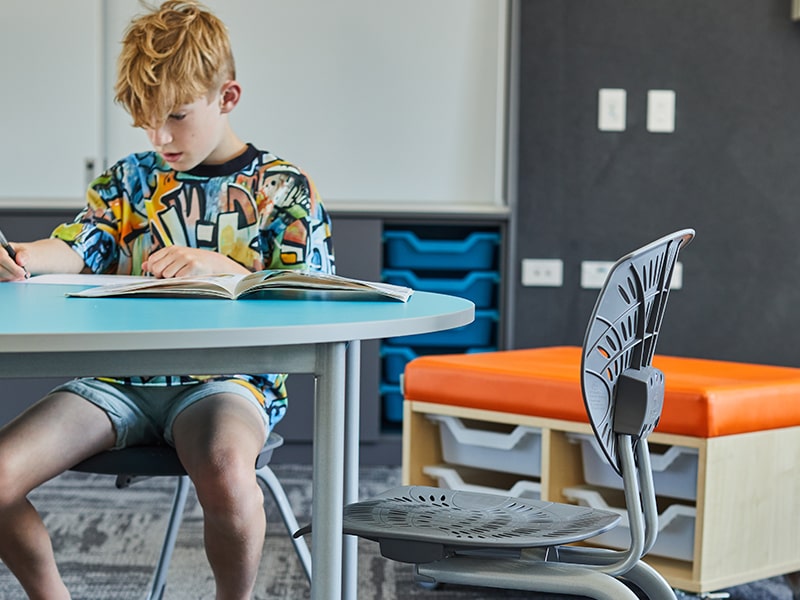
All new products are now made with an element of post-consumer recycled plastics, as much as 90%, utilizing materials like ice cream containers and milk bottles that are recovered and reprocessed locally. Through an innovative circular economy program in Australia, old chairs are collected, ground down, and transformed into new ones.
“We’re seeing that our sustainability mission is aligning perfectly with our color and design goals,” says Whyte. “Recycled plastics don’t yield those bright, flashy colors, but that’s okay. We want earthy tones anyway, so it’s a perfect fit.”
Furnware has also achieved a 50% reduction in carbon emissions over the past five years, with waste reduced by 85%. These achievements are audited under ISO environmental and carbon compliance standards, and supplemented by solar energy systems and hybrid vehicle fleets.
Global Impact, Local Heart
While proudly New Zealand-made, Furnware’s influence now spans the Asia-Pacific region. Their expansion into Australia was a natural first step, beginning in Melbourne where procurement barriers were fewer. Southeast Asia followed soon after, led by a wave of Kiwi and Aussie educators taking leadership roles in international schools.
“They knew us from home,” Whyte recalls, “and they wanted that same quality, ergonomic, research-backed furniture for their schools abroad.”
With a growing presence in Hong Kong, Singapore, and beyond, Furnware’s emphasis on quality and durability has positioned them as a trusted partner in the international education sector. Their furniture is built to last at least ten years, providing both economic and environmental advantages over cheaper imports.
Still, Furnware remains fiercely committed to local manufacturing and community support. “Most of our competitors are importing cheap products from Asia. We design, test, and manufacture everything ourselves right here in New Zealand. It’s something we’re proud of, even if it comes at a cost.”
Culture of Trust and Growth
With around 130 team members, Furnware fosters a strong, values-driven workplace rooted in family principles. Trust, integrity, and respect are cornerstones of the company’s culture.
“We like to hire good people and let them show us the best way to get the job done,” Whyte says. “It’s not a corporate, top-down structure. We believe in giving people room to grow and succeed.”
That open-minded approach extends to partnerships with schools as well. Furnware doesn’t just sell furniture, they co-design solutions that meet the specific needs of each learning environment.
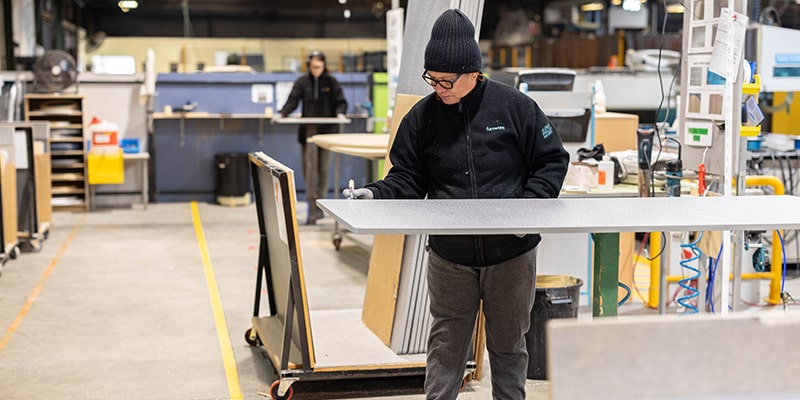
“We’re problem solvers,” Whyte adds. “If a school is dealing with noise issues, space constraints, or behavioral challenges, we want to help address those holistically.”
The Evolving Role of Furniture in the Age of AI
As technology reshapes the education landscape, Furnware is already planning for the classrooms of tomorrow.
With AI-driven learning tools becoming more personalized, the physical environment must adapt accordingly. “I think in five years, every student will have their own AI device that caters to how they best learn, whether that’s visual, auditory, or kinesthetic,” Whyte predicts.
That future demands flexibility. And that’s where Furnware’s design ethos shines—creating modular, reconfigurable learning spaces that support collaboration, deep work, and everything in between.
While some regions (like New Zealand) are temporarily returning to more traditional, front-facing classroom layouts, Whyte believes the pendulum will swing back toward flexibility and inclusivity.
“If you look at modern office spaces such as LinkedIn, Airbnb, Google, they offer different zones for different work styles. Classrooms should do the same.”
Lasting Impact Through Design
At the core of Furnware’s mission is a simple but powerful idea: great design can help students learn better.
By focusing on ergonomics, wellbeing, and flexible environments, Furnware isn’t just making furniture, it’s shaping the future of education. And the company’s long-term vision reflects that commitment.
“We’d love a couple million more students sitting in our chairs,” says Whyte. “Because we know if they are, they’ll be more comfortable, more focused, and they’ll learn more. That’s our legacy.”
At a Glance
Who: Furnware
What: A leading sustainable, innovative and leading school furniture manufacturer with an eye to what students need
Where: Hastings, New Zealand
PREFERRED VENDORS/PARTNERS

Industrial Tube Manufacturing – www.industrialtube.co.nz
Industrial Tube Manufacturing has been producing New Zealand-made tube since 1985. We’re New Zealand’s leading manufacturer of quality, locally-made steel and stainless precision tube. From our purpose-built 12,500m² plant in Hamilton, New Zealand, we manufacture class leading Precision Steel Tube, Stainless Steel Tube, and tubular components.

Conroy’s Removals – www.conroy.co.nz
With over five decades of experience, Conroy Removals has built a reputation across Australasia for providing reliable, affordable, and efficient moving solutions. Our team is known for their professionalism, integrity, and friendly approach, ensuring that each move is handled with care, from start to finish.

Chair Solutions – www.chairsolutions.co.nz
ChairSolutions make it simple for resellers to bring their clients the very best in locally-manufactured commercial seating. ChairSolutions’ foundations were first laid in 1985. In the decades since, we’ve grown into one of the office furniture industry’s most trusted and recognisable names, with five factories across Australasia.

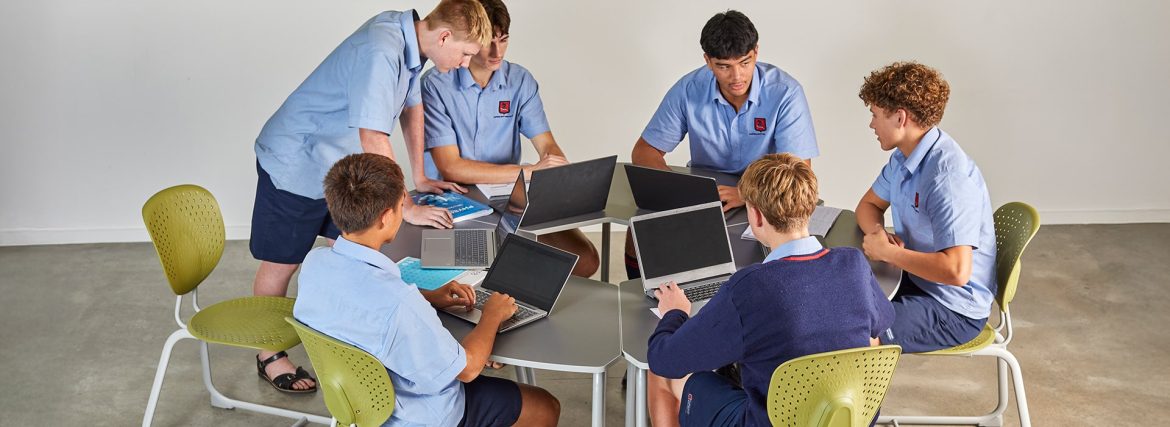
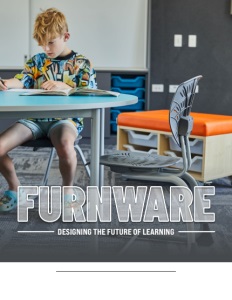

 This information will never be shared to third parties
This information will never be shared to third parties